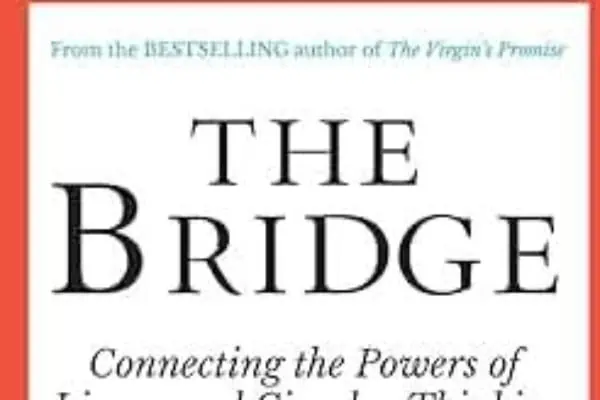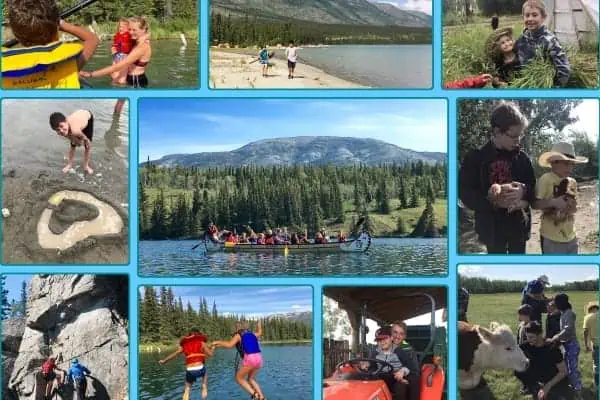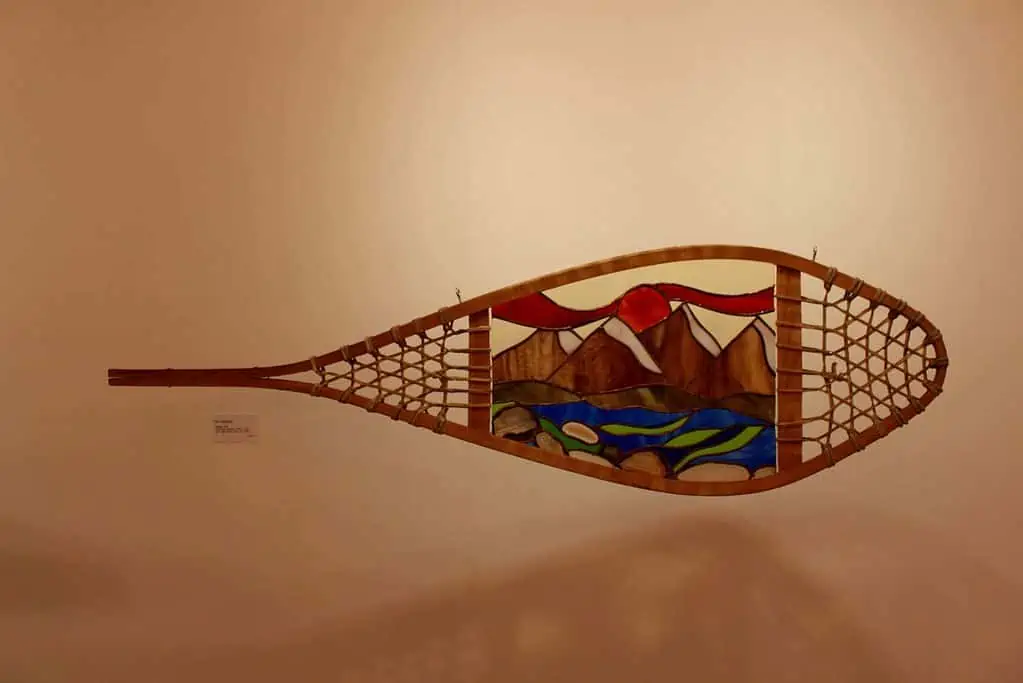Jess and Brady are happily married. Their love story began like many others – they got to know each other while working shifts together at the local movie theatre and feelings blossomed as they started spending more and more time together. It wasn’t long – four months to be exact – before Brady asked Jess’ father if he could marry his daughter, and the couple got engaged.
Day to day, the two face the same challenges as any couple, for example, finding time to spend together amidst busy schedules and – until recently – coping with the anxiety of wedding planning. But they also face a unique set of challenges. Jess and Brady each live with an intellectual disability. As a result of this, they are working to educate themselves on how the extra challenges of their disabilities may impact their relationship.
Sofia Fortin is the coordinator of the My Life, My Body program. This initiative, operated by the Yukon Association for Community Living in partnership with the Crime Prevention Victim Services Fund, aims to support healthy relationships and sexuality for individuals and couples with disabilities.
“It’s above-all an education program,” Fortin says. “Everyone has the right to information; to understanding our bodies and understanding the choices we can make. We tend to view people with disabilities as either hypersexualized or not sexual, but the fact is that all humans are sexual beings and experience hormonal changes and feelings whether or not they ever experience a sexual act.”
Education is particularly important for individuals with intellectual disabilities, who, Fortin notes, are four to 10 times more likely than people without a disability to be victims or victimizers of sexual violence – a reality that results predominantly from lack of knowledge and misinformation.
“So there is a big safety piece,” explains Fortin about the program, which covers topics such as body parts, good and bad touch and fundamentals of respect. “We want to make sure that people have the tools and the knowledge they need to stay safe. A basic tool, for example, is knowing the correct names of body parts. It is important to call a penis a penis.”
Talking about sexuality and relationships goes way beyond sex education, though.
It is important to add a layer of values on top of the basic facts, says Fortin.
It is very beneficial to include couples’ family members in the learning. Family values play a significant role in talking to individuals with disabilities about relationships and sexuality.
“A large part of [the program] is supporting people to live a full and competent life and giving them tools to thrive and make meaningful connections,” adds Colette Acheson, the Executive Director of the Yukon Association for Community Living. She explains that in the program, there is a big focus on friendship and what subject-matter expert Dave Hingsburger calls “skills of likeability.”
For people who spend a lot of time with paid caregivers, developing the skills to make friends and learning to recognize true friendship are a big concern.
“Humans are hard-wired for affection. Individuals with disabilities are often vulnerable because of their hunger for friendship,” Acheson says. “Therefore, it’s important to teach them tools for making good choices and recognizing healthy relationships and to teach them to understand their personal safety in relationships with others.”
As Jess and Brady began their relationship, developing trust was one of their biggest challenges.
“It took a little bit of time,” remembers Jess. That is because Brady wasn’t diagnosed with a learning disability at the time.
Jess, who had already been diagnosed with FAS, was also diagnosed with epilepsy around the time they met, which brought forth new challenges in her life.
“He was very understanding and he didn’t shy away from anything,” Jess says.
Brady started learning about the triggers of her epilepsy and understand some health issues very early on in their relationship. Meanwhile, Jess was able to help Brady recognize his own intellectual challenges, and get diagnosed so he could receive support.
“It actually felt really, really good,” says Brady about the diagnosis. “Everything finally got answered and started to make a lot more sense, and from there it could be addressed.”
By gaining a better understanding of himself and acquiring some helpful tools for dealing with his disability, Brady was able to find more balance in his life, which was a key step in building his relationship with Jess. This helped their collective ability to connect, trust each other and support each other and each other’s challenges.
Working together as a couple, and recently with Fortin through the My Life, My Body program, Jess and Brady have been able to learn important relationship skills.
One of the main skills they emphasize is communication, though that can also be a source of struggle.
“If we have a communication issue, we work through the communication issue,” says Jess.
“And then we communicate about it,” laughs Brady.
In terms of sex ed, they say that the resources they had access to while growing up were limited.
“I pretty much had only what was taught in school, which was not much,” says Jess, adding that she wishes the My Life, My Body program had existed then. Now, as an adult and participant in the program, she has done a lot of advocating for it and for other resources that address the unique challenges of relationships, sexuality and disability.
“Don’t let your disability get in the way; let people help you and guide you,” says Jess.
As part of its effort to create understanding around these important issues, My Life, My Body is hosting workshops on Oct. 21 and 22 with Dave Hingsburger, the expert mentioned above. He’s also an advocate on the topic of sexuality and intellectual disability.
The workshop on Oct. 21 is aimed at caregivers, staff and professionals who work with people with intellectual disabilities. It will explore various questions relating to sexuality and disability, examine the systemic issues with how this topic is portrayed in society and teach practical tools and tips for addressing the issues.
The workshop on Oct. 22 will introduce Hingsburger’s “Ring of Safety” framework, which provides parents and families with strategies for helping them teach their family members with disabilities the right things to keep them safe while also helping them thrive.
The workshops take place at the Kwanlin Dün Cultural Centre in Whitehorse.
More details on the workshops and on the My Life, My Body program can be found at www.HSYukon.com.




